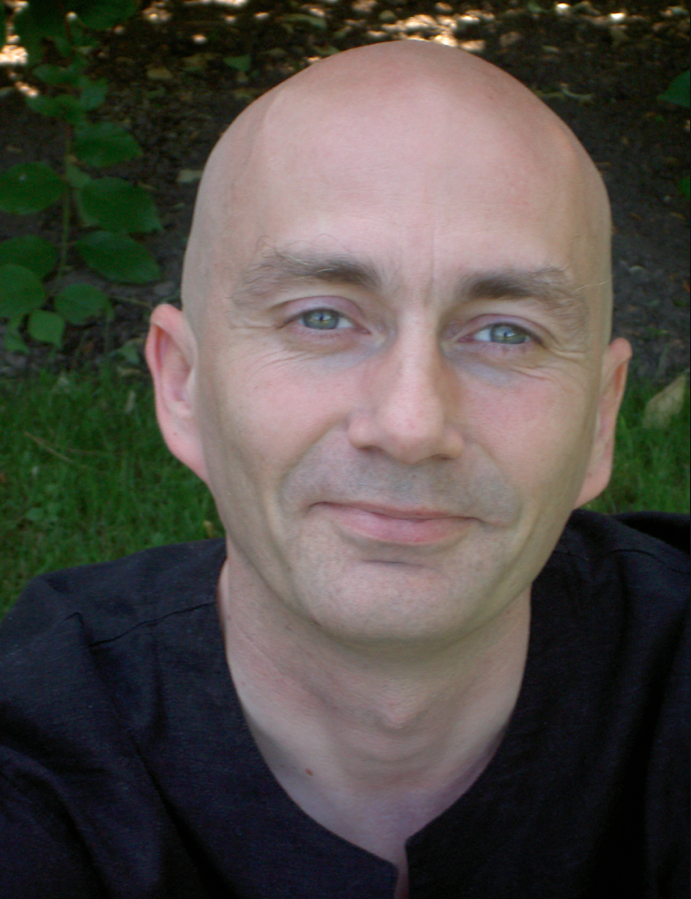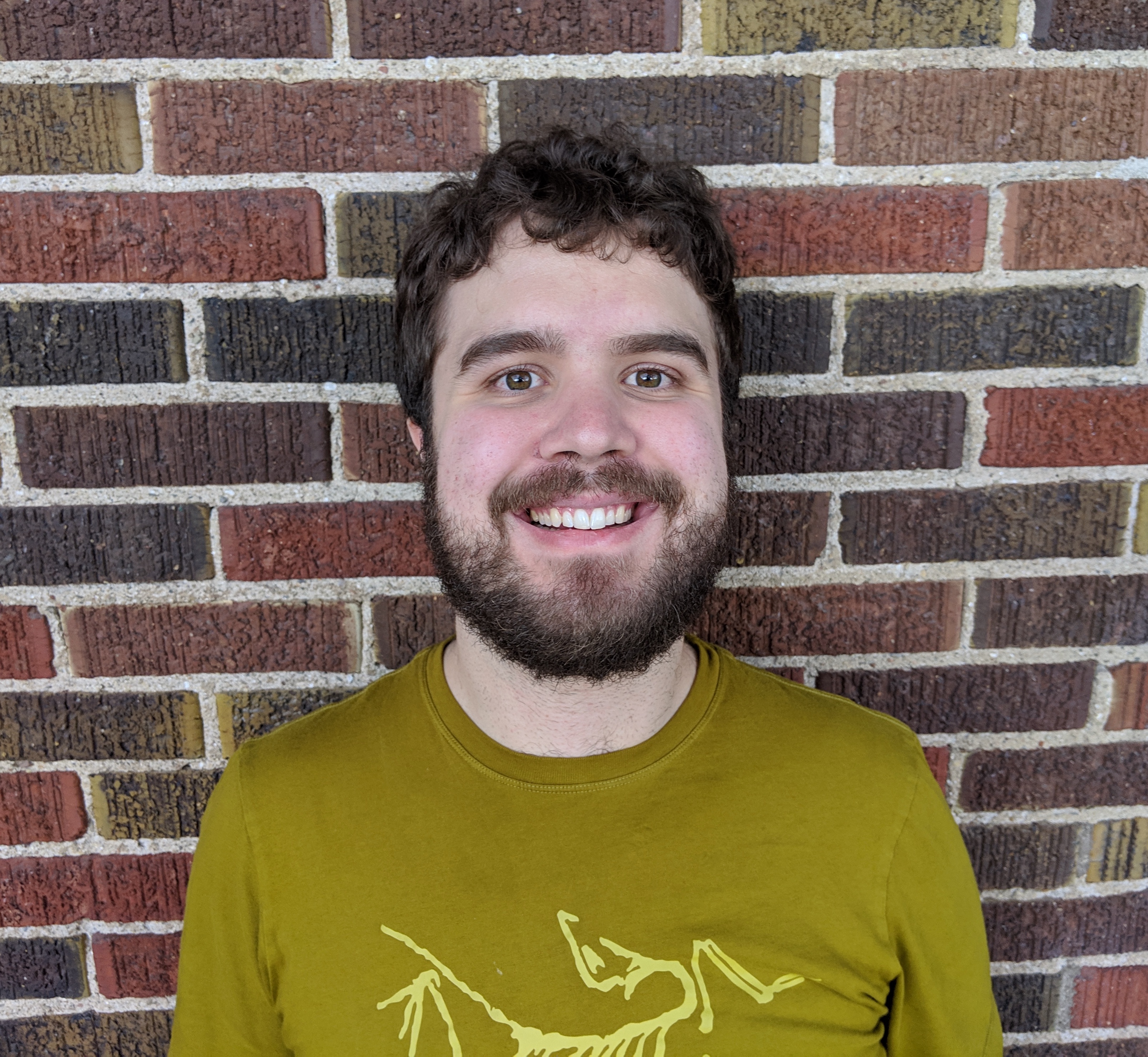CPS-IoTBench will feature a mix of invited talks and paper presentations to inspire stimulating discussions.
See the program page for the schedule details.
Invited Talks

Keynote
Dare to Share: Risks and Rewards of Artifact Sharing in Computer Science
Christian Collberg, Professor of Computer Science, University of Arizona
Presentation (coming soon)
Abstract
Short Bio

Abstract
Short Bio

Invited Speaker
Planes, Trains, Apples, and Oranges - Reproducible Results and Fair Comparisons in Localization Research
Pat Pannuto, University of California, Berkeley
Abstract
Short Bio

Invited Speaker
Cause & Effect Analysis for Low-Power Wireless Network
Hyung-Sin Kim, University of California, Berkeley
Presentation (coming soon)
Abstract
Short Bio


Invited Speaker
IoTBench - Past, present, and future of a community-driven benchmarking initiative
Romain Jacob, ETH Zurich
Markus Schuss, Graz University of Technology
Abstract
Since the first discussions in 2016, the IoTBench initiative has come a long way. The community has sketched a roadmap to improve the reproducibility and comparability of low-power wireless networking experiments. We have now started the journey and the gaps are being filled.
In this talk, we will present the vision, the end goal, and our proposed strategy by the IoTBench initiative to get there. We will review what has been done, what is ongoing, and most importantly, what is ahead. The talk will be directly followed by an open discussion with all workshop participants. Because ultimately, everyone needs to be involved if we want our community's practices to change and improve.
Short Bio - Romain Jacob
Short Bio - Markus Schuss
Markus Schuß is a third-year PhD student at the Institute for Technical Informatics of TU Graz, Austria. He received his M.Sc degree in Information and Computer Engineering from TU Graz in 2016. His research interests encompass the development of testbeds and benchmarking infrastructures, as well as the evaluation of the performance of low-power wireless communication protocols used in the Internet of Things and in industrial automation. Among others, he has developed (i) D-Cube, an open-source tool to create large-scale testbeds used to evaluate the dependability of state-of-the-art IoT protocols, and (ii) JamLab-NG, an open-source tool to generate repeatable Wi-Fi interference. Both tools have been used to run the EWSN Dependability Competition series (quantitatively comparing the performance of state-of-the-art IoT protocols in harsh RF environments), for which he served as a general co-chair.
Accepted Papers
GenEE: A Benchmark Generator for Static Analysis Tools of Energy-Constrained Cyber-Physical Systems
Christian Eichler, Peter Wägemann, Wolfgang Schröder-Preikschat
Friedrich-Alexander-Universität Erlangen-Nürnberg, Germany
Paper Presentation
The Impact of Decreasing Transmit Power Levels on FlockLab To Achieve a Sparse Network
Matthew Bradbury [1], Arshad Jhumka [2], Carsten Maple [1]
[1] WMG University of Warwick, UK
[2] Department of Computer Science University of Warwick, UK
Paper Presentation
HATBED: A Distributed Hardware Assisted Testbed for Non-invasive Profiling of IoT Devices
Li Yi , Junyan Ma, Te Zhang
School of Information Engineering, Chang’an University Xi’an, China
Paper Presentation
Towards a Methodology for Experimental Evaluation in Low-Power Wireless Networking
Romain Jacob [1], Carlo Alberto Boano [2], Usman Raza [3], Marco Zimmerling [4], Lothar Thiele [1]
[1] ETH Zurich, Switzerland
[2] Graz University of Technology, Austria
[3] Toshiba Research Europe Limited, UK
[4] TU Dresden, Germany
Paper Presentation Video
Lessons Learned and Challenges on Benchmarking Publish-Subscribe IoT Platforms
Ana Aguiar [1], Ricardo Morla [2]
[1] University of Porto, Instituto de Telecomunicações Porto, Portugal
[2] University of Porto, INESC TEC Porto, Portugal
Paper Presentation
